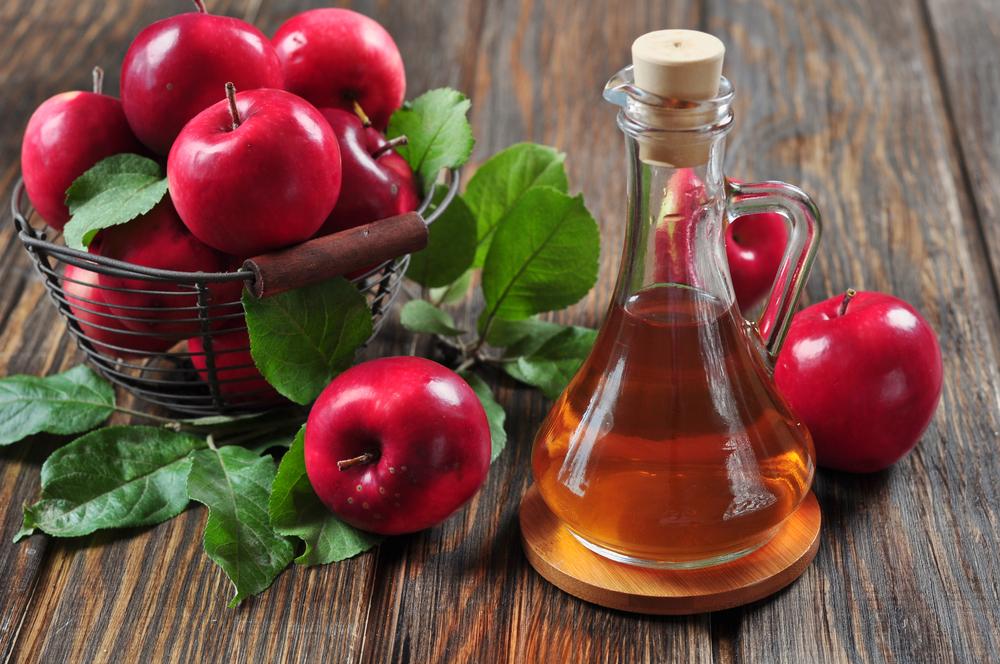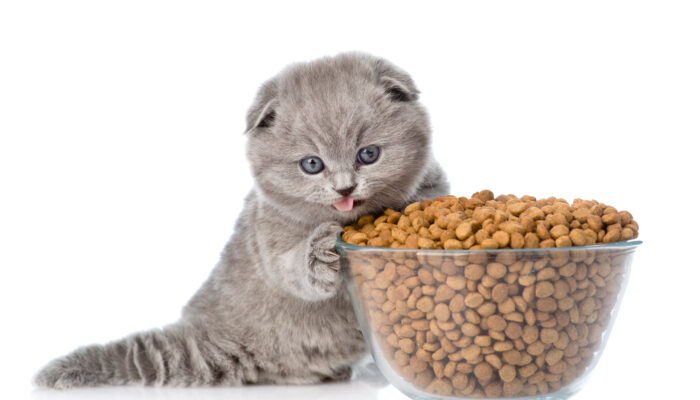
The Importance of Diet for Melanoma Patients
When it comes to safety against exposure to too much sun, the first thing that comes to mind is staying in the shade, sporting wide-brimmed hats, and slathering on layers of sunscreen. However, new evidence and studies have suggested that melanoma and poor diets could also be linked. Read on to know how vitamin D, antioxidant intake, obesity, as well as other nutrition and health-related aspects are linked to melanoma:
1. Obesity and melanoma
No matter what the age, maintaining a healthy body weight is one of the most vital and imperative ways for preventing cancer, including melanoma. Today, one of the world’s biggest problems, obesity, has been emerging as a high potential risk factor for augmenting the development of some types of skin cancers.
According to studies, obese and overweight men carry a 31% more risk of malignant melanoma. The research also found out that women who were obese or overweight and those with a higher BMI (body mass index) could have a lower risk for developing squamous and basal cell carcinomas, as well as malignant melanoma, as compared to men with a high BMI.
Potential genetic links between risks for melanoma, overeating, and obesity have also been unearthed, stating that a variation in the intron 8 FTO gene could be a possible culprit. Preliminary research has also demonstrated that restricting calories and their intake could help slow the progression of melanoma cancer. So, eating right, nutritious, and healthy diet is the key.
2. Antioxidants and melanoma
In order for the immune system to be healthy, antioxidants, such as retinol, are extremely important. According to studies, it has been found that a higher intake of foods that are rich in retinol, like yellow/orange vegetables and fruits, dark green, leafy veggies, eggs, milk, and fish resulted in a reduced risk of 20% for developing melanoma. So, the next time you make a salad, try using more leafy, dark green vegetables such as kale, spinach, radish leaves, and yellow/orange fruits and veggies like papaya, oranges, yellow bell peppers more.
According to other studies, selenium-rich diets could also end up reducing the risk of melanoma. Antioxidant-rich foods in selenium include milk, wheat germ, whole wheat, oats, barley, lobster, scallops, and Brazil nuts. Also, preliminary studies with green tea have demonstrated possible benefits in preventing melanoma. To prevent the onset of melanoma, try and aim to get antioxidants naturally from foods instead of getting them by ingesting supplements, which is an artificial form of ingesting them, after all. In addition to this, previous studies have linked supplements of high dosages to increased risk of diabetes and some cancers.
3. Vitamin D
There has been tons of research on the link between cancer and vitamin D. It has been found that lower levels of vitamin D in the blood are directly linked to an increased risk of developing melanoma. That does not mean that vitamin D should be taken in excess; in fact, excessive vitamin D is bad. Optimum levels of vitamin D from sunlight, foods, and supplements help keep the body healthy and lowers the risk of melanoma.




